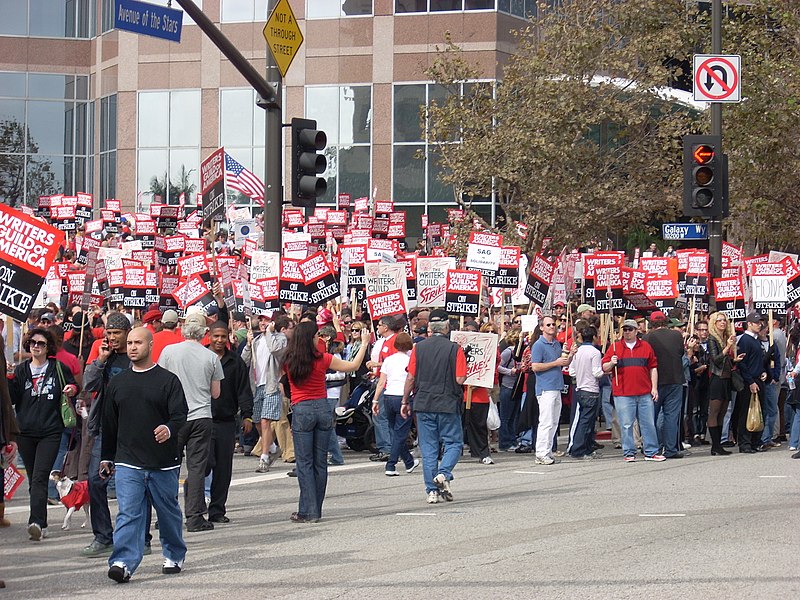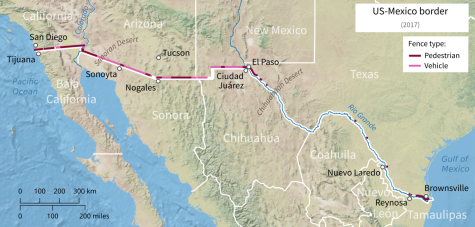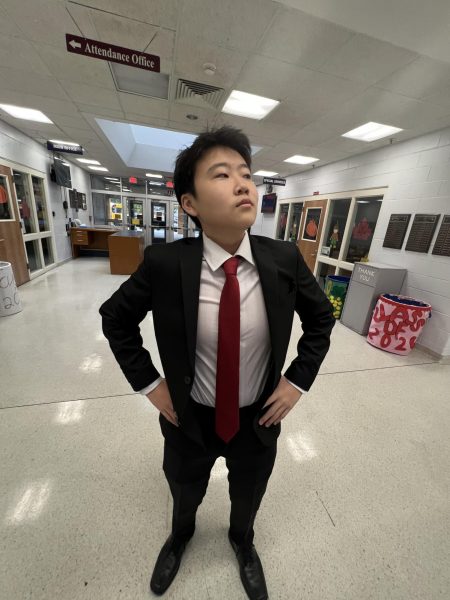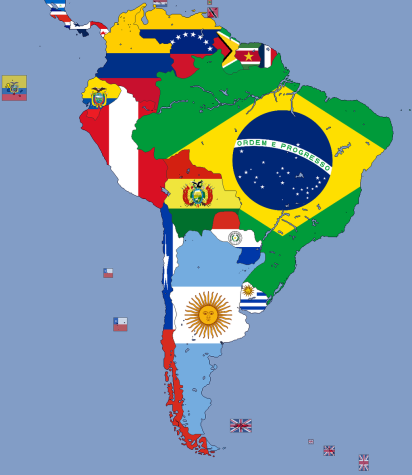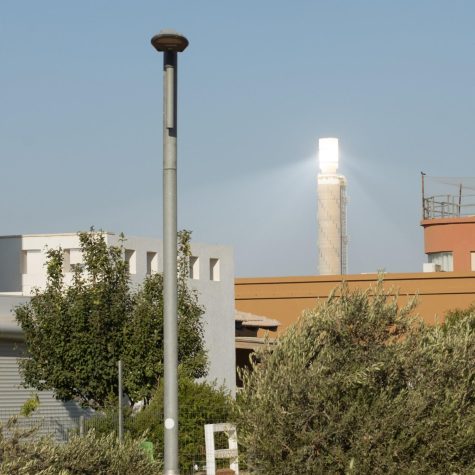Why the Writers are Striking
Hollywood writers strike for fair wages and security for the future of their job.
The Writer Guild of America (WGA), which represents about 11,500 television and movie writers, staged a strike starting on May 2nd. This strike came after a six week negotiation with major studios Alliance of Motion Picture and Television Producers (AMPTP) for a contract that better compensated the writers for their work.
Writers in Hollywood can make money through many different revenues, including selling a script or an idea to a studio, creating an intellectual property, or getting hired as part of the show or movie’s writers room. However, the largest source of income for these Hollywood writers is through residuals.
Essentially, if a writer is given credit on a show, and a studio or network purchases the right to air the show, then the screenwriter periodically gets a check for the show. The longer the show runs, the more money the screenwriter makes off of the show.
The problem for these screenwriters is that these large studios are trying to save money in any way possible. According to a calculation conducted by the WGA, the film industry has grown immensely from 2000 to 2021. In 2000, the industry was worth $5 billion; in 2021 the industry is worth $28-$30 billion.
Despite this growth, screenwriters’ pay and residuals have not increased; in fact they have decreased. The WGA reported that the average writer pay has decreased by 4%. Adjusted for inflation, that number is equivalent to a 23% decrease in pay. This reduction in pay greatly affects these writers since the cost of living continuously increases.
The writers want greater residuals for their work. They especially want to see higher residuals for when their content is streamed, which is becoming the most common way that audiences view their work.
It is not just higher pay that these writers are fighting for. They are also fighting for the security and longevity of their jobs. With AI writing programs like ChatGPT and Dramatron on the rise, human writers are at risk of eventually being phased out.
AI writing programs pose many threats to writers. The biggest concern is that a studio will use an AI to draft an idea or to write a rough draft of a script, and then hire a human writer to adapt or edit the AI’s work.
This is worrisome for the writers because studios pay less for adapting source materials. If studios only use AI to formulate movie and show ideas, then writers’ pay will be cut since they will no longer be used in drafting ideas for studios.
Though it is not possible now, many writers fear that in the very near future AI will be advanced enough to no longer need human writers to edit and adapt their work. Once this happens the studios will almost 100% resort to AI rather than humans simply because AI is cheaper.
Due to this reason the WGA is fighting to have a clause of their contract ban the use of AI to generate source material and for studios to not be able to credit AI programs. If AI programs are given credit in shows and movies, then the developers of the AI would possibly be entitled to residuals. If residuals went to AI programmers, then the human writers on the show would see a cut to the residuals they receive.
Many have given their support to the WGA. This includes celebrities such as Rob Lowe and Michael Rapaport, who have been spotted picketing with the writers in the WGA. Even shows such as The Late Show with Stephen Colbert and all of the other late night talk shows have shown their support for the writers by halting the production of new episodes.
The last strike the writers held in 2007-2008 resulted in a victory for the writers. Hopefully, this strike is successful for the writers as well.

